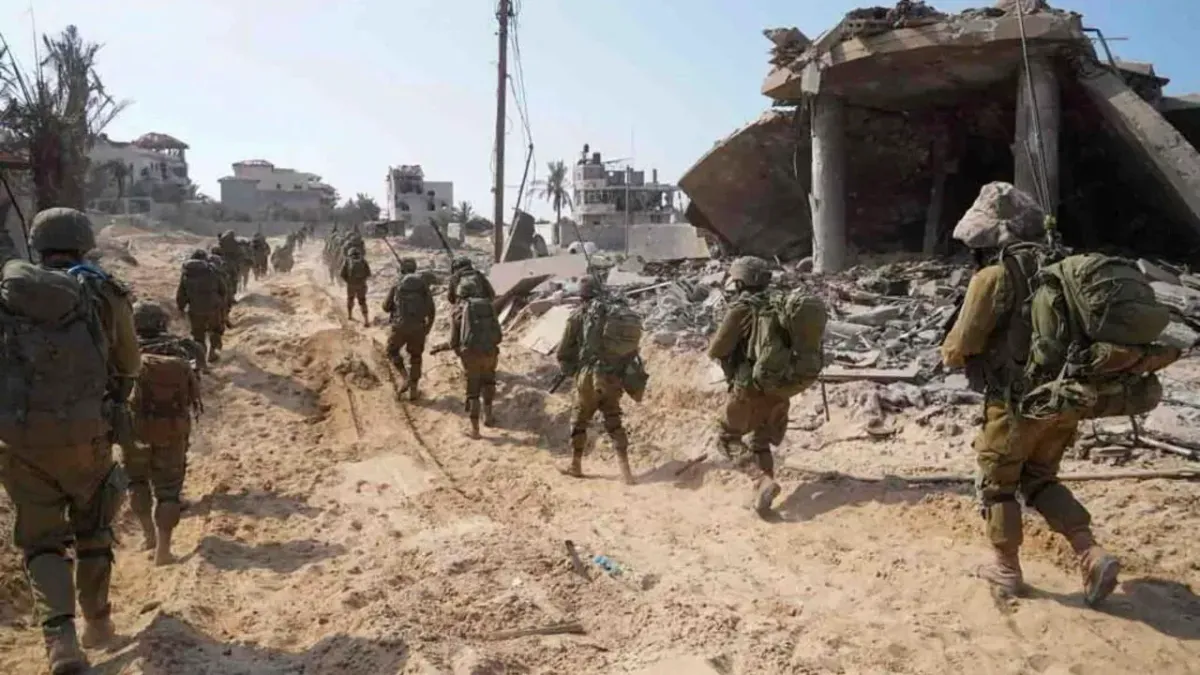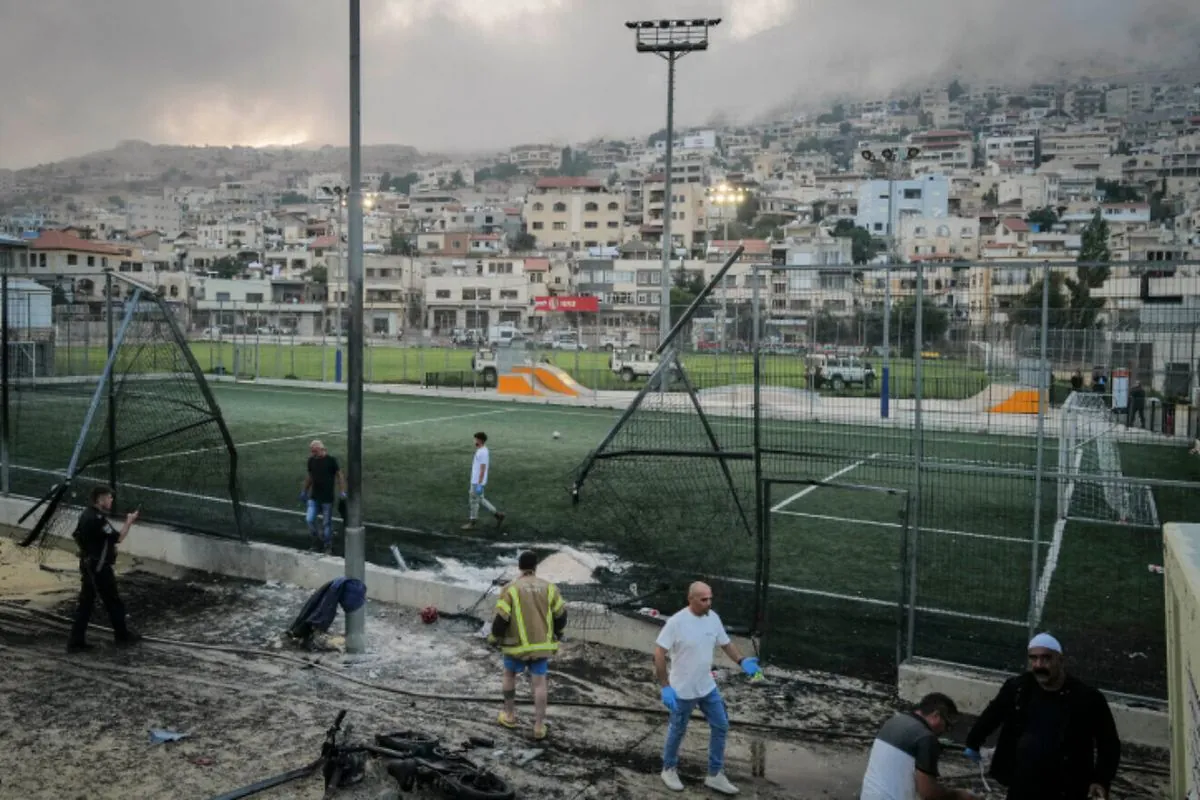Middle East Tensions Escalate as Global Crises Multiply
Recent events in the Middle East and Venezuela highlight the complex challenges facing global leaders. From alleged assassinations to disputed elections, the international community grapples with multiple crises simultaneously.

The rapid pace of global events has left foreign policy experts struggling to keep up with multiple crises unfolding simultaneously. From escalating tensions in the Middle East to political turmoil in Venezuela, the international community faces a series of complex challenges.
In the Middle East, the conflict between Israel and Hamas has entered its ninth month, with no end in sight. The situation has been further complicated by recent events, including alleged Israeli strikes in Beirut and Tehran. These actions have raised concerns about the potential for a broader regional conflict.
On July 27, 2024, Hezbollah launched a missile attack on a playground in the Golan Heights, resulting in the deaths of 12 children. Israel responded with a strike in Beirut, claiming to have eliminated a senior Hezbollah leader. Shortly after, an alleged Israeli operation in Tehran targeted a high-ranking Hamas official.

These incidents have heightened tensions between Israel and Iran, with Tehran vowing retaliation. The situation remains precarious, as both sides navigate the delicate balance between responding to perceived threats and avoiding full-scale war.
"Any attack by Hezbollah that leads to a major confrontation will be considered an Iranian attack, and Tehran will be held fully accountable."
Meanwhile, in Venezuela, a disputed presidential election has thrown the country into further chaos. Nicolás Maduro, who has held power since 2013, claims victory despite pre-election polls showing his opponent with a significant lead. The opposition, led by Edmundo González Urrutia, has presented local-level voting tallies to support their claims of electoral fraud.
The situation in Venezuela has implications beyond its borders. The country possesses the world's largest proven oil reserves, and ongoing instability could impact global energy markets. Additionally, Venezuela's ties with China and Russia raise concerns about geopolitical influence in the Western Hemisphere.
As these crises unfold, attention has turned to potential changes in U.S. foreign policy. With Kamala Harris emerging as the presumptive Democratic presidential nominee, speculation abounds regarding her approach to international affairs. While Harris has limited foreign policy experience, her statements during the 2020 campaign suggested a more progressive stance than the current administration.
The ongoing challenges in the Middle East and Latin America underscore the complexity of global affairs. As leaders grapple with these issues, the international community watches closely, aware that decisions made today could have far-reaching consequences for regional stability and global security.


































